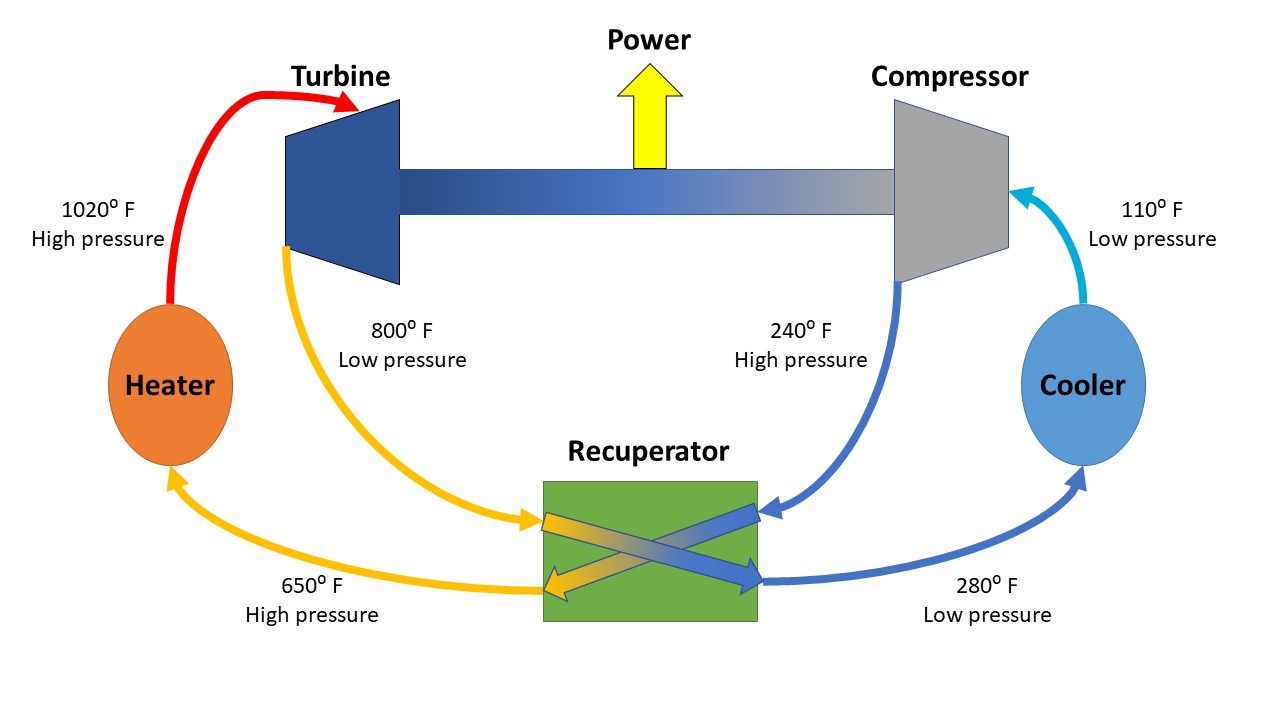
via lawsociety.org.uk
An ankle-bracelet for offenders, what about a brain-bracelet?
A world-first report from Dr Allan McCay in the Law School scrutinises advances in neurotechnology and what it might mean for the law and the legal profession. The paper calls for urgent consideration of how the new technology is to be regulated.
Dr Allan McCay, a criminal law scholar at the University of Sydney Law School, has published the first substantial overview of neurotechnology and its implications for the law and the legal profession.
Neurotechnologies are technologies that interact directly with the brain, or more broadly the nervous system, by monitoring and recording neural activity, and/or acting to influence it. Sometimes neurotechnology is implanted in the brain but it may also be in the form of a headset, wristband or helmet.
The technology is already being used in health settings for the treatment of patients with Parkinson’s and epilepsy and could be used in the future to monitor and treat schizophrenia, depression and anxiety.
But the same technology could potentially be used for the brain monitoring of criminal offenders or for cognitive enhancement, creating a divide between enhanced and non-enhanced humans. It could also be used to monitor workplaces, used by the military (cyborg super-soldiers), used for gaming and perhaps as a means of interacting with the metaverse.
“This tech is coming, and we need to think about regulation now,” said Dr McCay. “Action is needed now as there are already vested interests in the commercial world. We need decisions to be made at the level of society and at the level of businesses around ethics and law.”
The world-first report, Neurotechnology, law and the legal profession, was commissioned by the Law Society of England and Wales.
- Could a brain-bracelet be worn externally to their skull by criminal offenders to track their thoughts? Or implanted like a pacemaker?
- Could brain-bracelets monitor impulsive thoughts and deliver interventions?
- Could a criminal claim their brain was hacked?
- Could thoughts become criminal acts if they lead to a physical crime? How would this be sentenced?
- Could a court order that your brain be monitored at all times?
- If brain-monitoring systems store data, who is going to control that data and where might it go?
- Do we have a right to brain privacy? Will there be a loss of mental privacy to corporations and perhaps states? Governments might want to predict how we behave as predictions become more accurate.
- Could lawyers become cognitively enhanced and have their brains monitored for attention by their firms?
- Could there be other legal profession issues? Instead of billable hours, could the way lawyers charge one day be by way of “billable units of attention” and might neurotech change the way lawyers compete with each other?
- Might lawyers try to compete with AI systems employed in legal work by making use of neurotechnology?
Issues for criminal law
“Action is needed now as there are significant neurotech investors such as Elon Musk and Meta (Facebook),” said Dr McCay. “We need law reform bodies, policy makers and academics to be scrutinising these technological advances rather than waiting for problems to emerge.”
“To take criminal law as an example, numerous questions emerge. One might ask which bit of conduct constitutes the actus reus (criminal act) where a person injures another by controlling a drone by thought alone.
“It seems easier to identify the relevant conduct where the defendant uses their system of musculature to control the drone by manually manipulating a controlling device such as a joystick. Moving to sentencing, would it be acceptable for criminal justice systems to monitor and perhaps even intervene on offenders’ brains by way of a neurotechnological device while they are serving sentences in the community?
“This latter question of course raises human rights concerns and there is now an important debate as to whether existing human rights protections are fit for purpose given the possibility of brain-monitoring and manipulation. The human rights issues extend well beyond the criminal law into other areas of law.”
Dr McCay is Deputy Director of The Sydney Institute of Criminology and an Academic Fellow at the University of Sydney’s Law School. He was named by Australasian Lawyer as one of the most influential lawyers of 2021 for his work in neurotechnology and the law.
He coordinates the Legal Research units at the Sydney Law School, and lectures in Criminal Law. Dr McCay trained as a solicitor in Scotland, practised as a commercial litigator in Hong Kong, and has also been admitted to practice in two Australian jurisdictions.
Much of his work has focused on neuroscience, neurotechnology, and the criminal law. He is also interested in free will and punishment, ethical issues related to emerging neurotechnologies, and the future of legal work.
Original Article: How brain-monitoring tech advances could change the law
More from: University of Sydney
The Latest Updates from Bing News
Go deeper with Bing News on:
Brain-monitoring technology
- New Brain Circuit Identified in Mice That Controls Body’s Inflammatory Reactions
Future research could identify drugs that can target this newfound brain circuit to help treat a vast range of immune disorders and diseases.
- Scientists identify new brain circuit in mice that controls body's inflammatory reactions
The brain can direct the immune system to an unexpected degree, capable of detecting, ramping up and tamping down inflammation, shows a new study in mice.
- The Rise Of Brain Implant Devices
A cryptocurrency firm, Tether has made a substantial £160 million investment in Blackrock Neurotech, a U.S.-based brain implant company specialising in brain-to-computer interfaces. The deal was final ...
- Microdisplay can monitor brain activity in real-time
Engineers and physicians from University of California San Diego and Massachusetts General Hospital (MGH) have developed a thin film display device that combines an electrode grid and special GaN LEDs ...
- Dutch startup to test hearing via brain-computer interface
MindAffect has raised new funding for its hearing diagnostics solution that uses brain-computer interface technology.
Go deeper with Bing News on:
Neurotechnologies
- Grey Matters hosts annual ‘An Evening with Neuroscience’
Grey Matters, the undergraduate neuroscience journal, hosted its annual event “An Evening with Neuroscience” on April 26 in Kane Hall. The event featured a human brain dissection, panel of neuroscienc ...
- Colorado enacts groundbreaking brain data privacy law
Colorado became the first state in the nation to enact a law protecting neural data, emphasizing the growing intersection of technology and human biology while ensuring privacy in the expanding field ...
- What Colorado’s new law means for brain-wave privacy in the Neuralink era
Under the legislation, the same privacy measures that are extended to fingerprints and facial recognition software now apply to brainwave data. Lawmakers have long grappled with data privacy as it ...
- Colorado amends its Privacy Act by adding protection for neural data
Neurotechnologies and neural data The Colorado legislation was enacted as a response to advances in neurotechnologies. Neurotechnologies provide insight into, monitor, or affect brain and nervous ...
- Are Brain Waves the New Data Privacy Frontier? Novel Colorado Law Says Yes
In first-of-its kind legislation, the updated Colorado Privacy Act (CPA) will consider consumer neural data as sensitive information. California and Minnesota are likely to follow suit.









